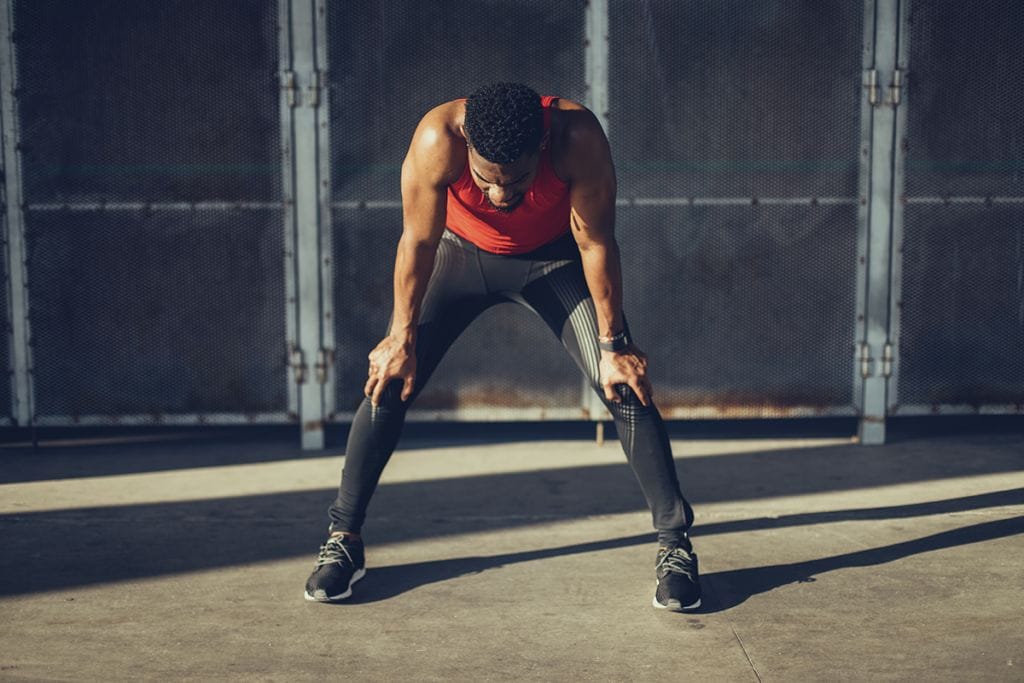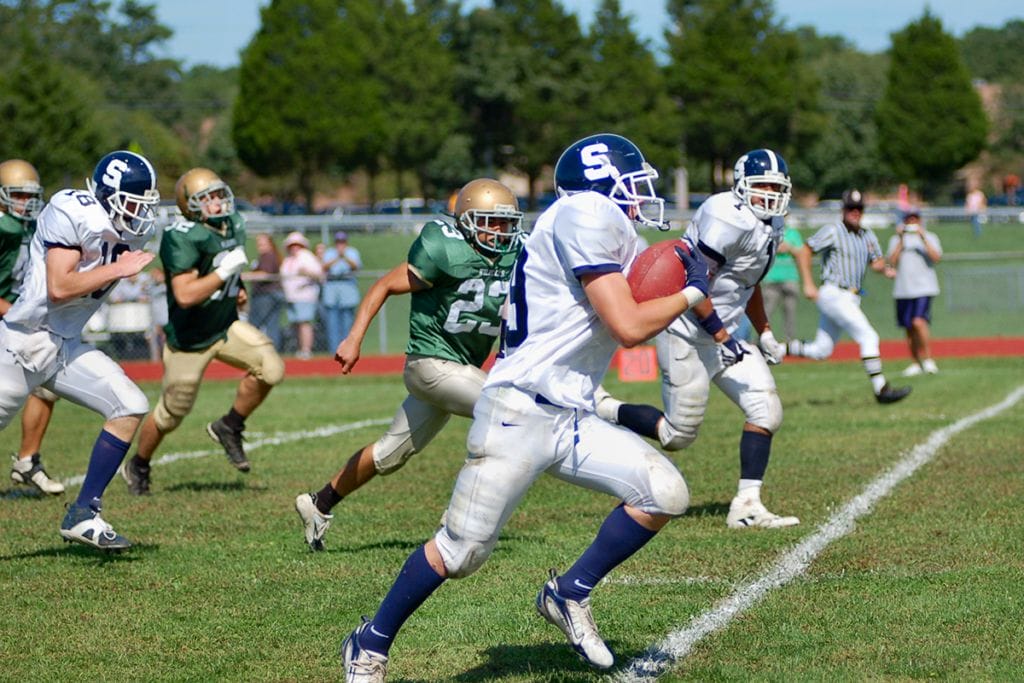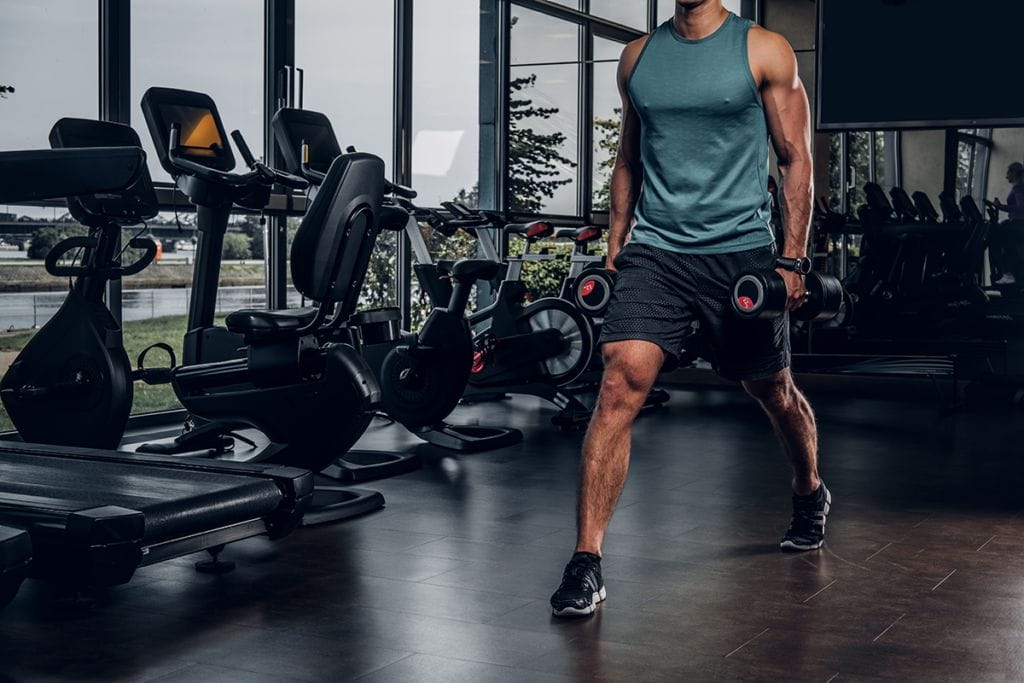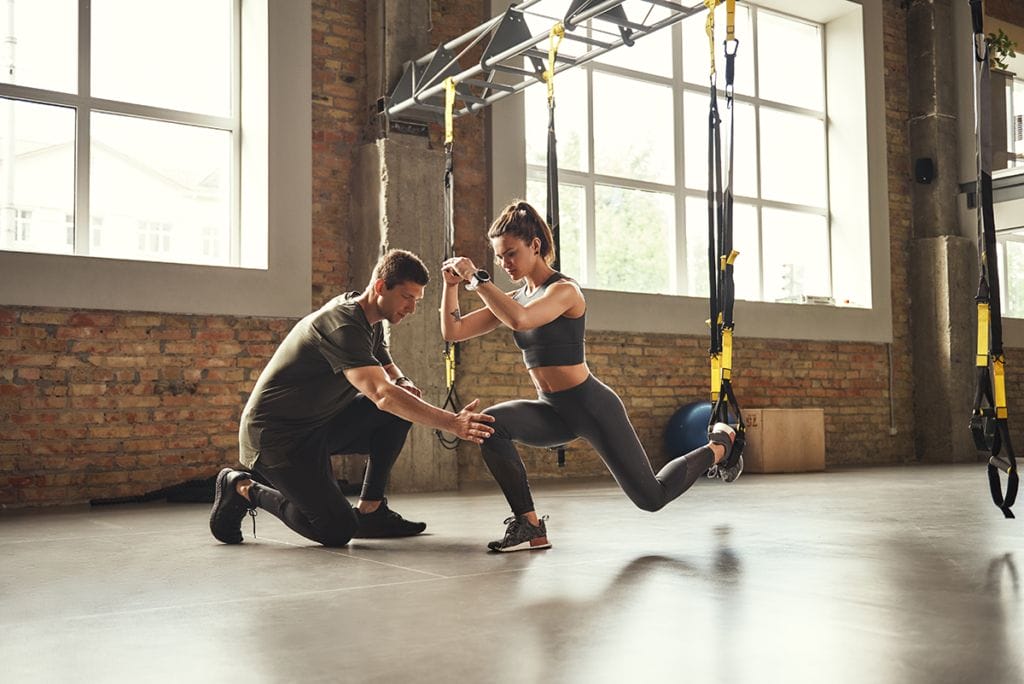There is a lot of debate among athletes, coaches, and trainers about how much sleep is optimal for peak performance.
Some believe that athletes need less sleep than the average person because they are used to training hard and being active for long periods.
Others believe that athletes need more sleep to recover from their training and competition schedule fully.
The truth is that both sides are partially correct.
Recovery Cycle
Athletes do indeed need less sleep than the average person because they are used to being physically active for long periods of time. However, it is also true that athletes need more sleep to recover from their training and competition schedule fully.
Sleep is essential for athletes because it allows their bodies to recover from the physical stress of training and competition. When athletes do not get enough sleep, their bodies do not have enough time to recover and repair themselves fully. This can lead to injuries, illness, and a decreased ability to perform at one’s best.
Most experts recommend that athletes get between 7 and 9 hours of sleep per night.
This will ensure that their body has enough time to recover from the physical stress of training and competition.
Athletes who are unable to get this amount of sleep may need to consider changing their training schedule or taking steps to improve their sleep habits.
Improve Ability
Sleep has long been understood to be crucial for athletes to allow their bodies to recover from strenuous physical activity. However, recent research has shown that sleep can also be used as a tool to help improve athletic performance.
One of the most fascinating things I’ve come across recently is the idea of athletes training their minds during sleep.
The basic idea is that you can give your subconscious mind a task to work on while you sleep, and it will help you to solve problems or improve your performance in some way.
For example, if you’re trying to learn a new skill, you can tell yourself before bed that you want to dream about doing that skill. Then, when you sleep, your mind will work on figuring out how to do that skill. This can be an extremely effective way of learning, and it’s something that I think more people should be aware of.
Studies have shown that athletes who train their minds during sleep can learn new motor skills more quickly and retain them more effectively than those who do not. Additionally, sleep has been shown to improve reaction time, decision-making, and focus.
While the concept of athletes training their minds during dreams may seem far-fetched, there is a fair amount of scientific evidence to support it.
Studies have shown that mental rehearsal during REM sleep can lead to improved performance, dream incubation can help athletes to achieve specific goals, and that lucid dreaming can help people to overcome anxiety and improve focus.
While more research is needed to confirm these findings, it seems clear that there is potential for athletes to use dreams as a tool for performance enhancement.
As a result, many athletes are now using sleep as a way to gain a competitive edge. While there is still much to learn about the role of sleep in athletic performance, it is clear that it can be an invaluable tool for athletes looking to improve their game.
So, what’s the answer? How much sleep do athletes need?
The truth is that there is no one-size-fits-all answer to this question. Each athlete’s body and sleep needs are unique.
However, we can make some generalizations about how much sleep different types of athletes need.
For example, endurance athletes generally need more sleep than strength or power athletes because their training takes a more significant toll on the body.
And individual athletes vary in terms of how much sleep they need; some may function well on 6 hours of sleep per night, while others may require 9 or 10 hours per night.
At the end of the day, it’s up to each athlete to experiment with different amounts of sleep and find out what works best for them.




